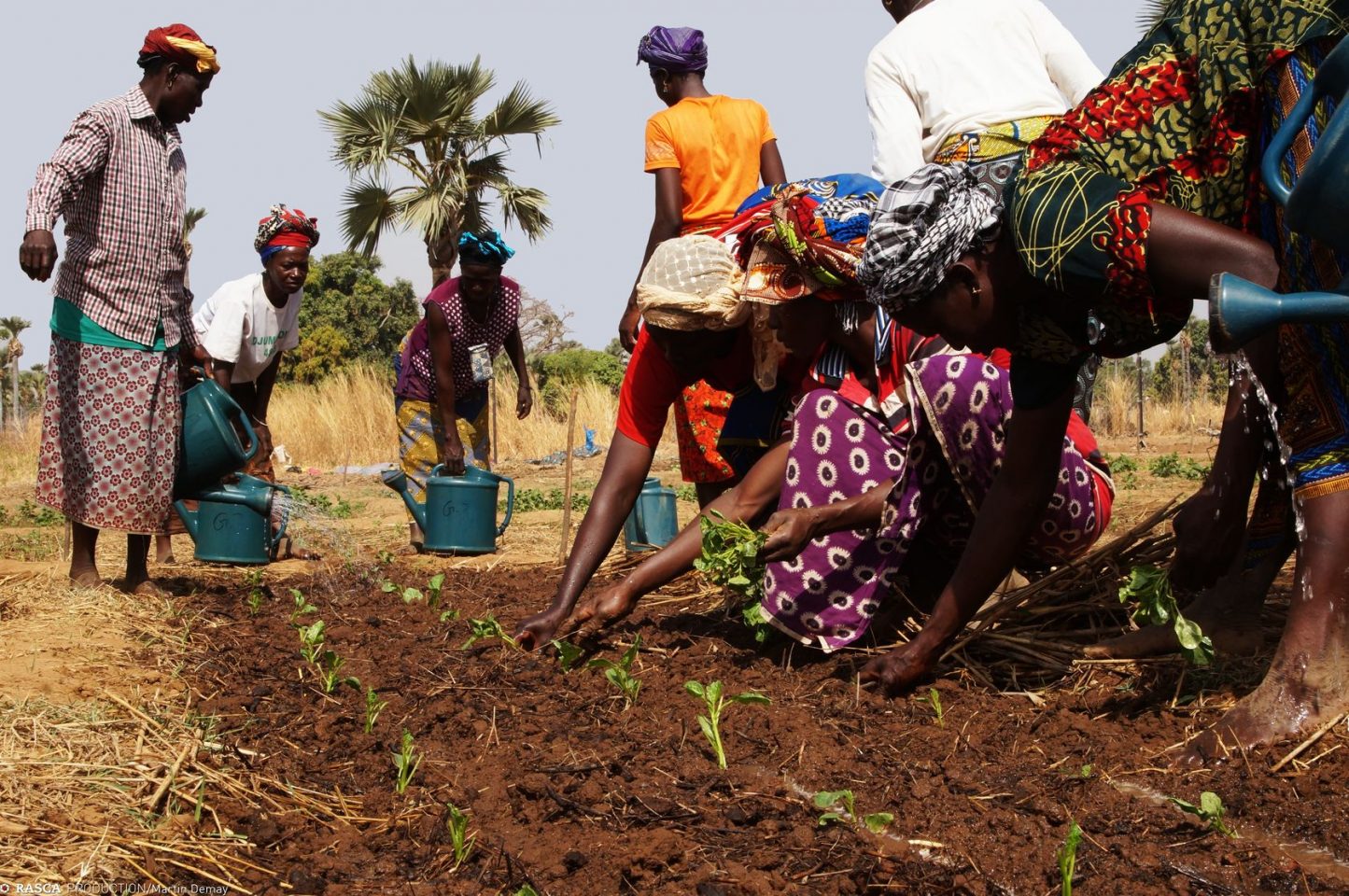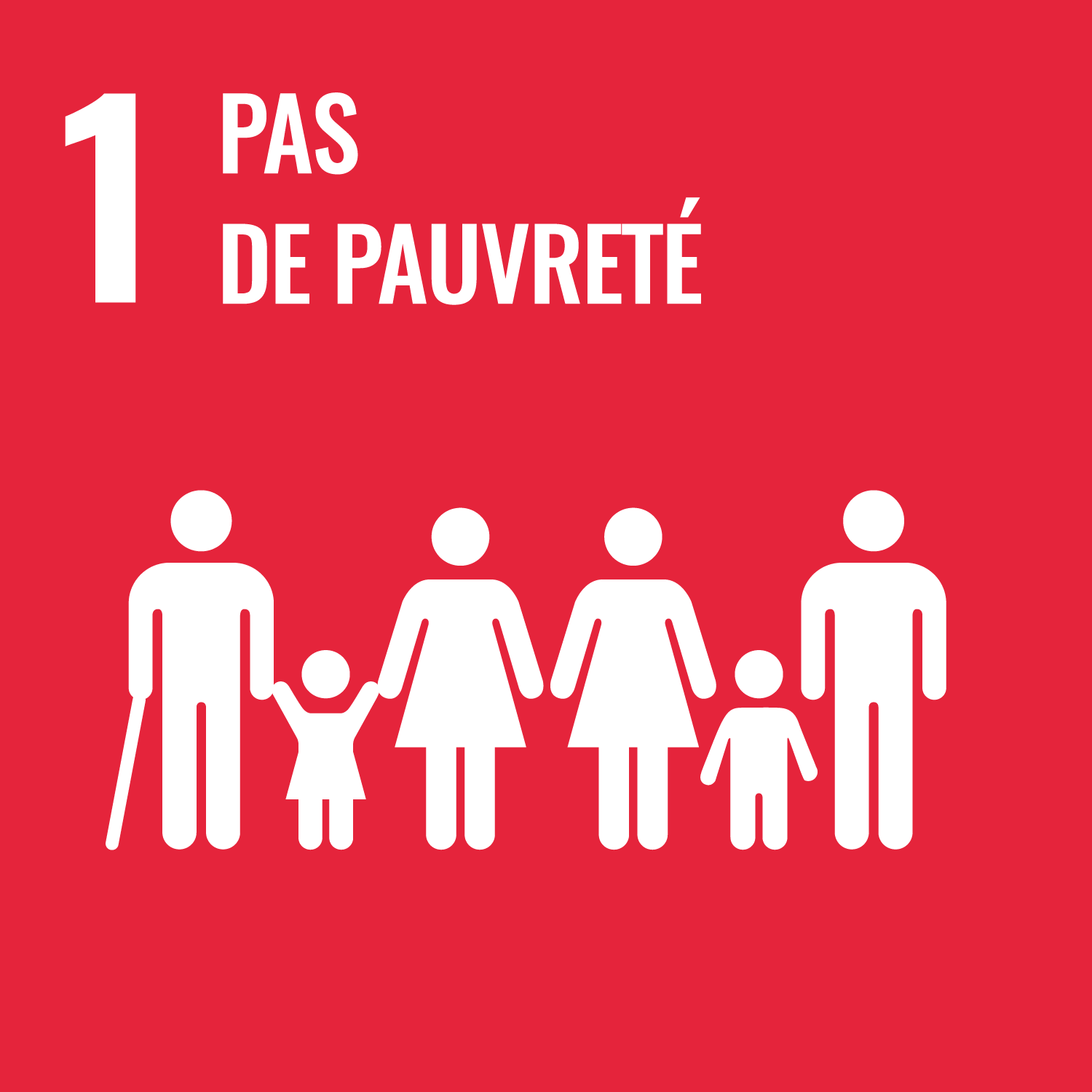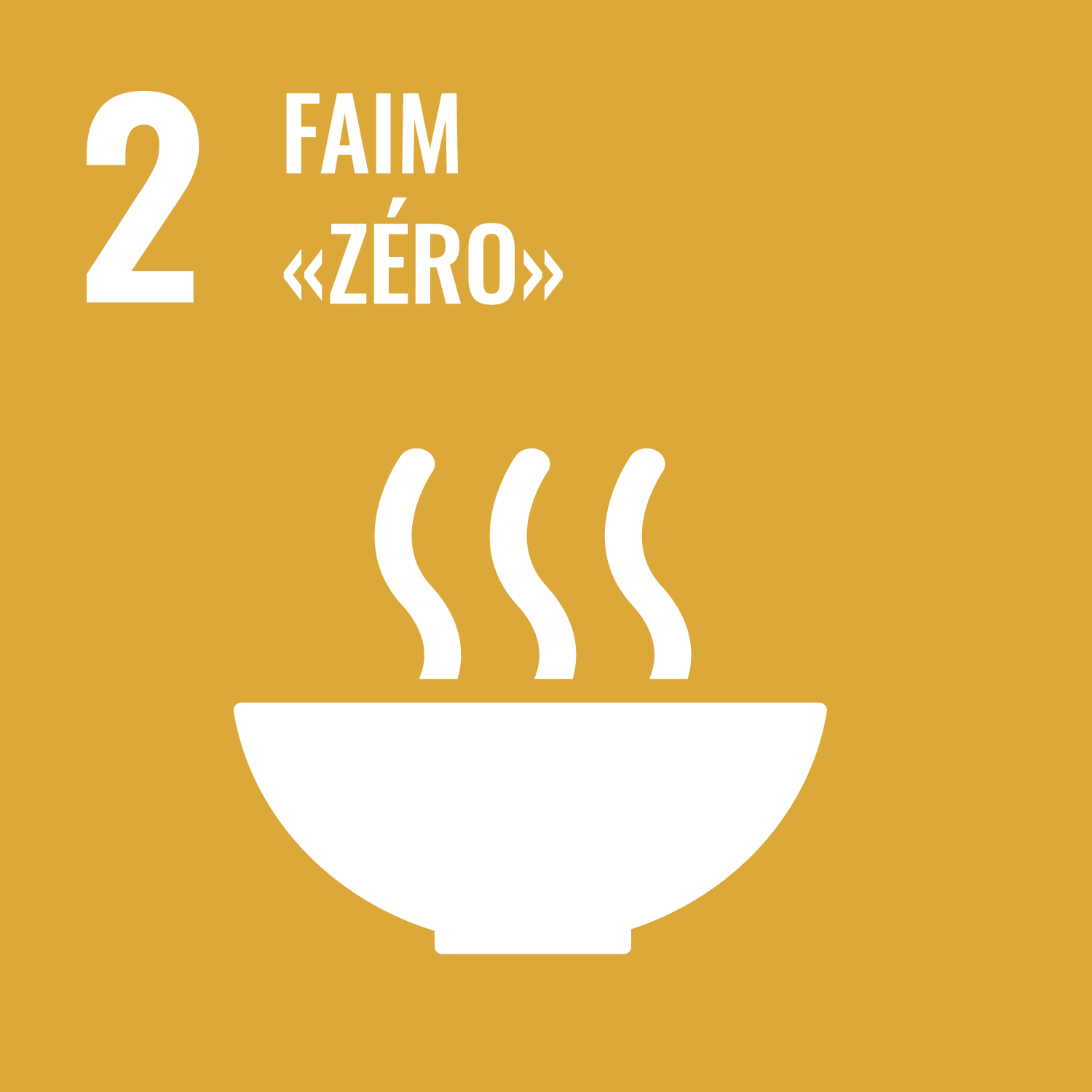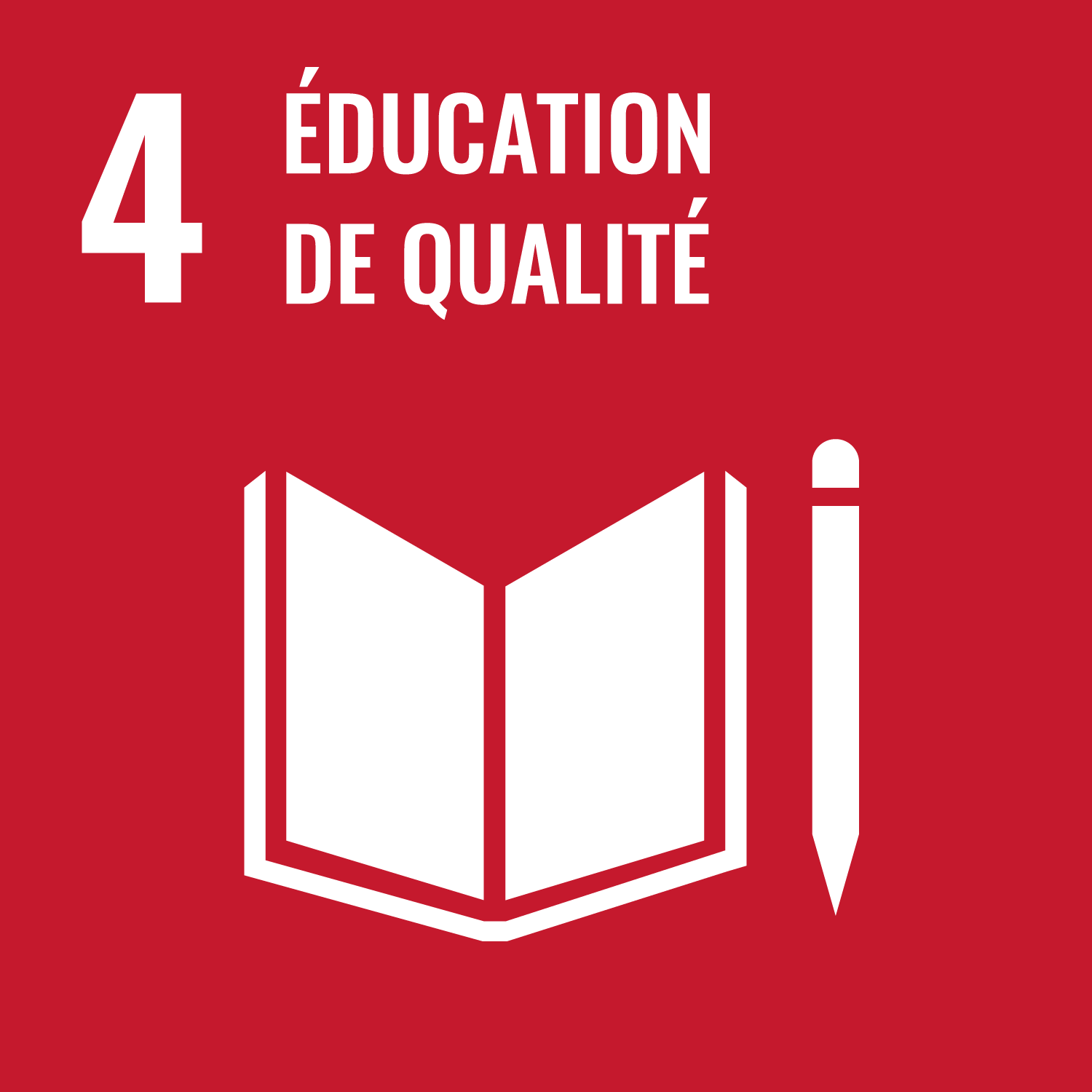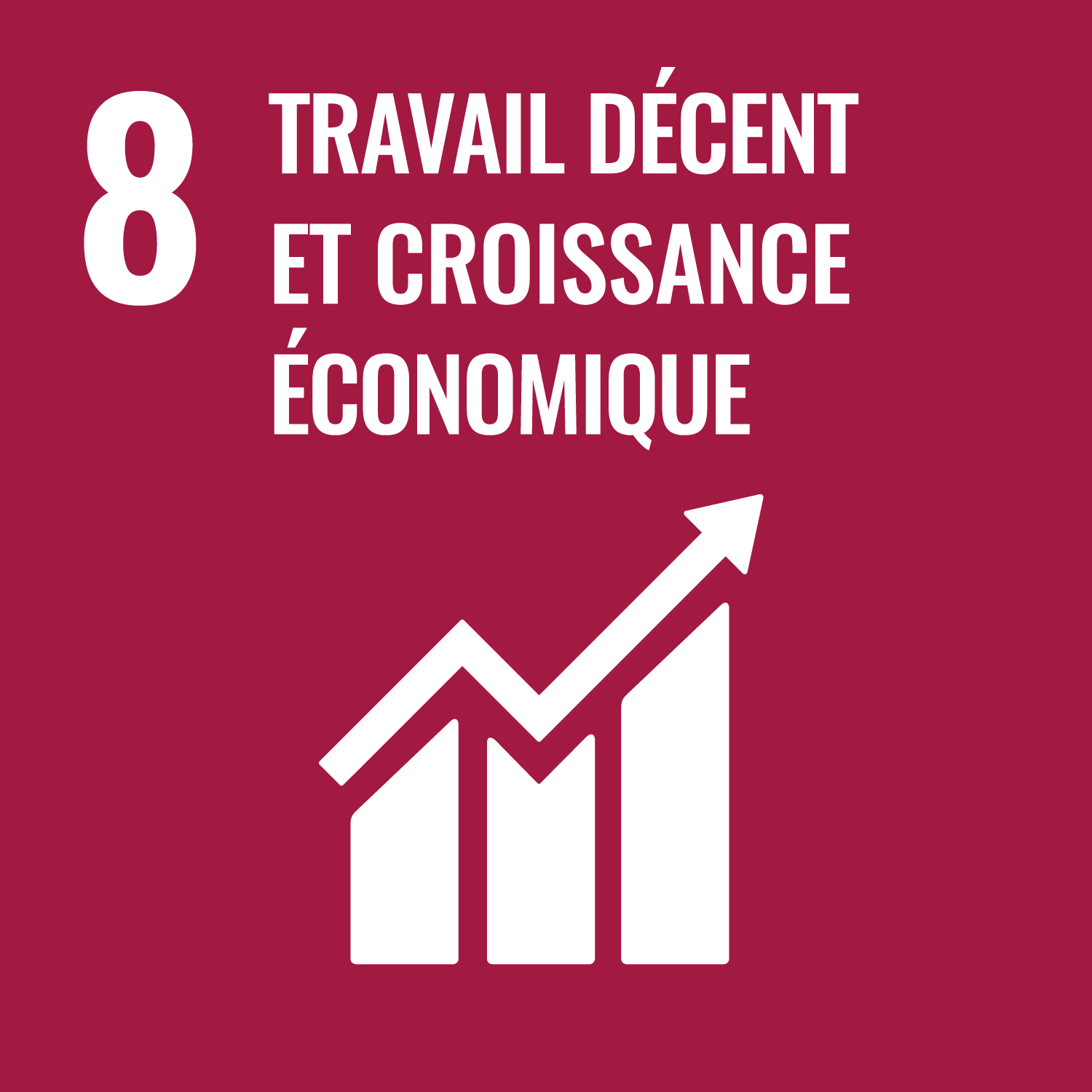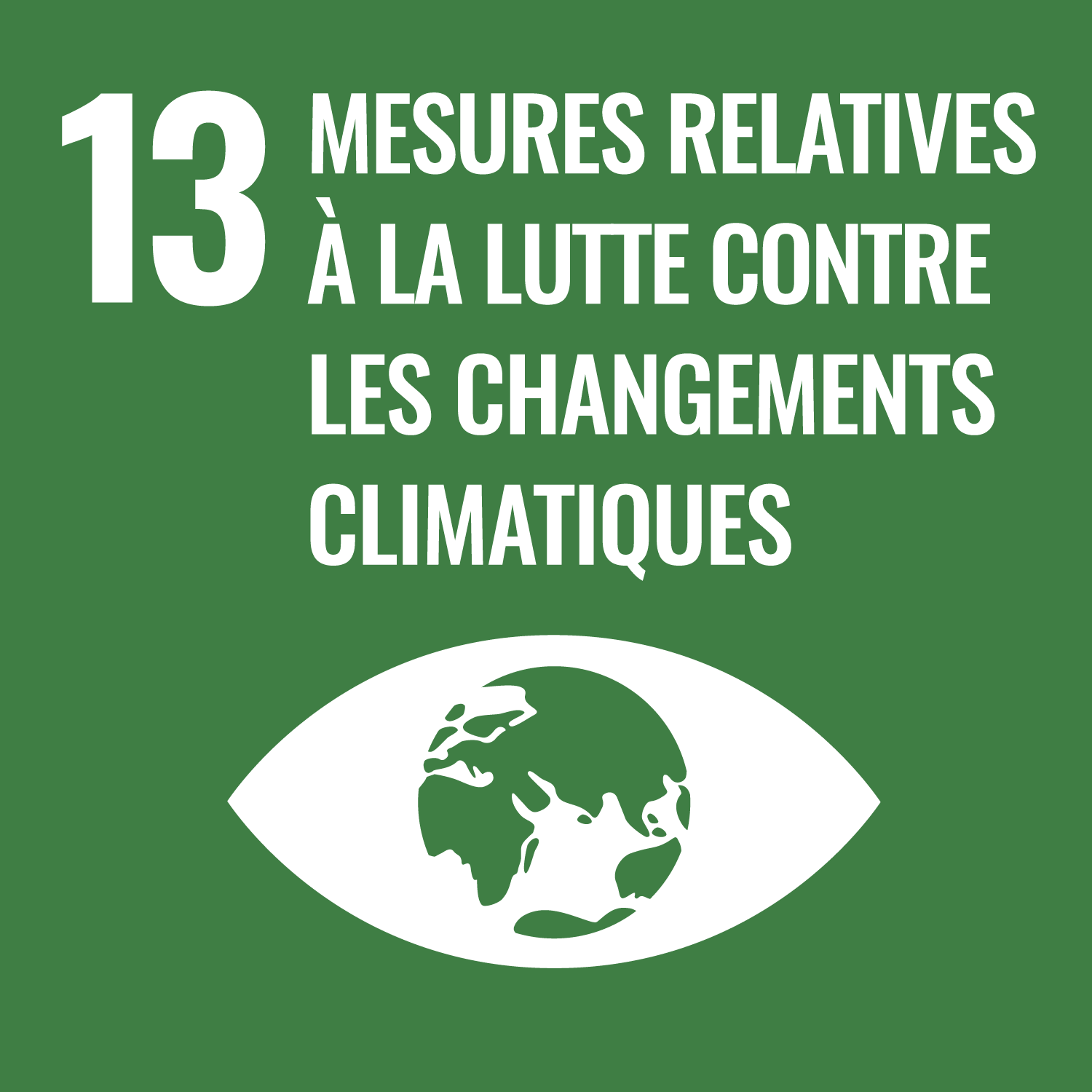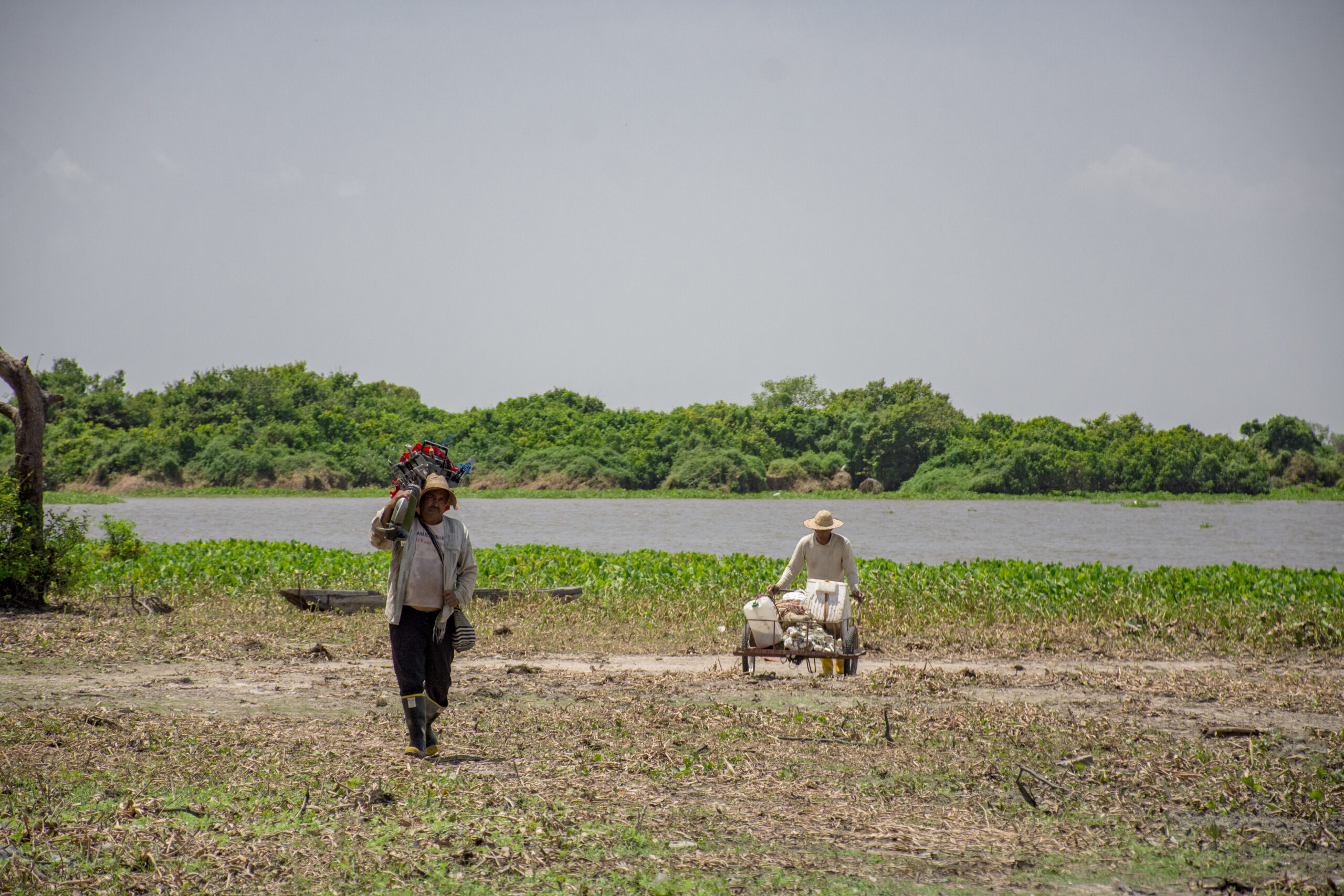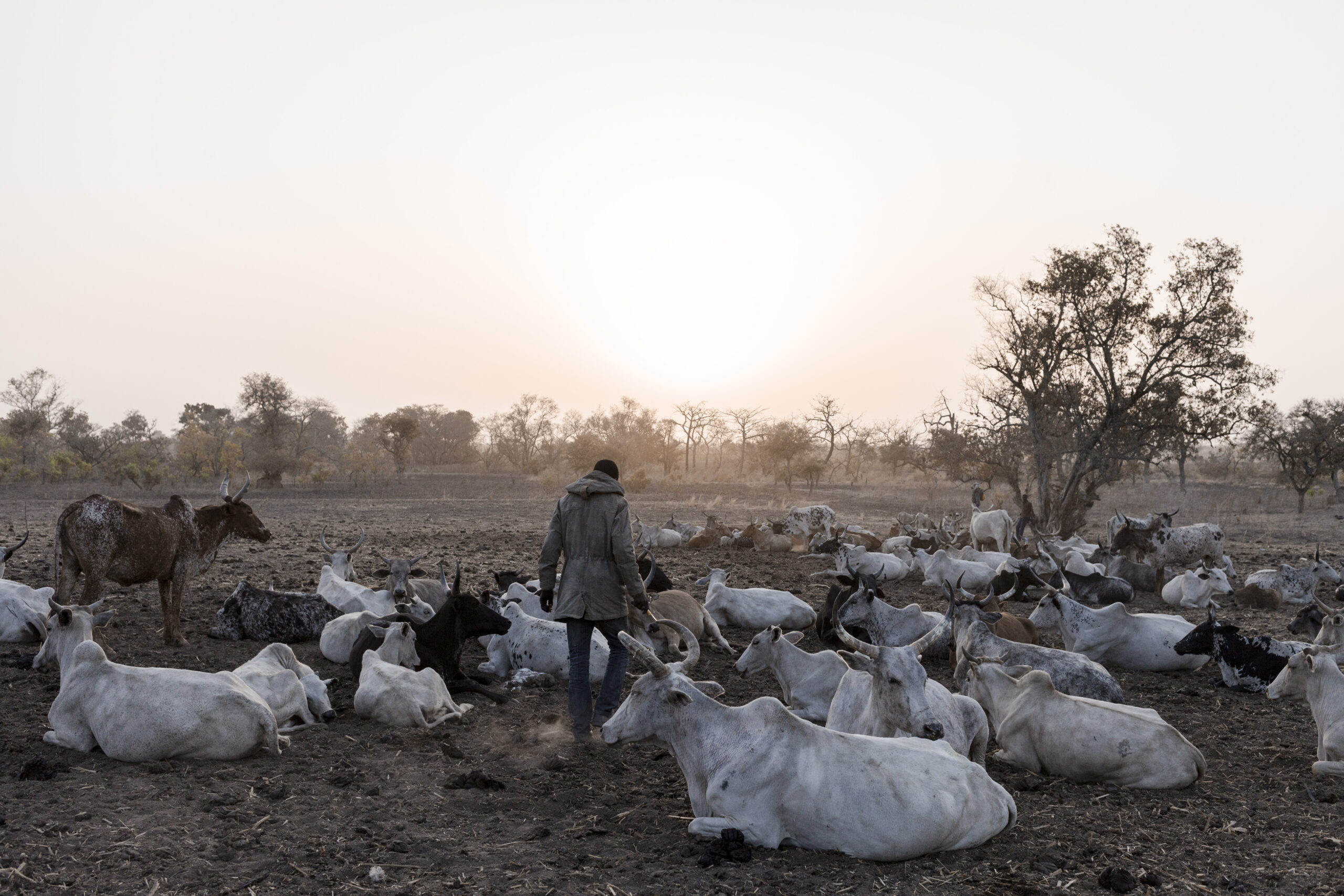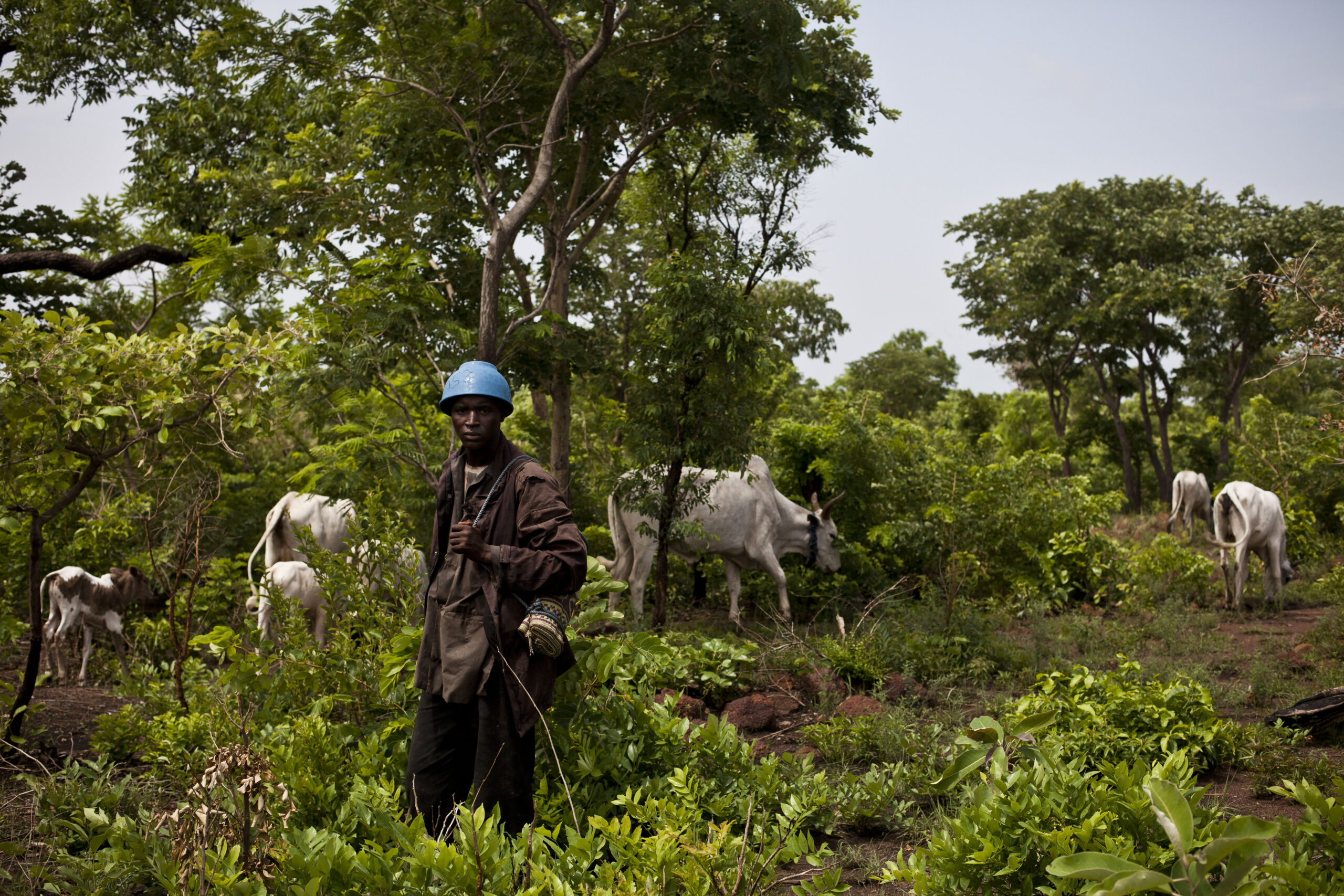Providing training for 900 young people in rural areas
Burkina Faso, a country of roughly 18 million inhabitants in the Sahel region, ranks 183rd of 188 on the United Nations Human Development Index. More than three-quarters of the population lives in rural areas, and agriculture is the country’s main economic activity (30% of GDP).
The Est region faces a number of challenges, particularly:
- population growth: the region’s population is growing faster than anywhere else in the country (half the population is under 15 years old, and there is a lot of population movement);
- isolation: the network of roads is insufficient and in increasingly poor condition (many administrative centres and hundreds of villages are inaccessible during the rainy season);
- insecurity (theft, conflicts between ethnic groups, crop/livestock farming conflicts, etc.) and the creation of village militias;
- severe land degradation and desertification;
- very low level of schooling and training.
Project overview
The Tiwara initiative (part of the AFD’s food-security programme in the Est region) aims to strengthen the development of agricultural, forestry and pastoral activities and, more broadly, economic activities in rural areas along the border between Niger and the Sahel region of Burkina Faso: developing infrastructure to improve food security, boosting productivity of crop and livestock farming, promoting sustainable management and securing land. The project also includes a training and professional-integration component, which the AFD has entrusted to Acting for Life.
The project aims to improve access to jobs and professional training in rural areas. It takes a local approach, offering to train young people in rural areas who have little schooling and help them find jobs. In all, 900 young people will receive access to training and integration assistance for agricultural, forestry and pastoral activities as well as activities to complement agriculture: processing, masonry, mechanical maintenance, woodworking, etc.
Objectives
Help young people become more integrated socially and professionally by facilitating access to professional training and jobs in rural areas.
Key figures and results
- 900 young people trained in agricultural, forestry, pastoral and related activities, and receive technical assistance;
- 80% of trained young people diversify their income through new activities;
- Proportion of trained young people who are working and involved in professional organisations (professional agricultural and artisanal organisations, infrastructure-management committee, etc.);
- 300 trained young people involved in field-schools and labour-intensive projects.
